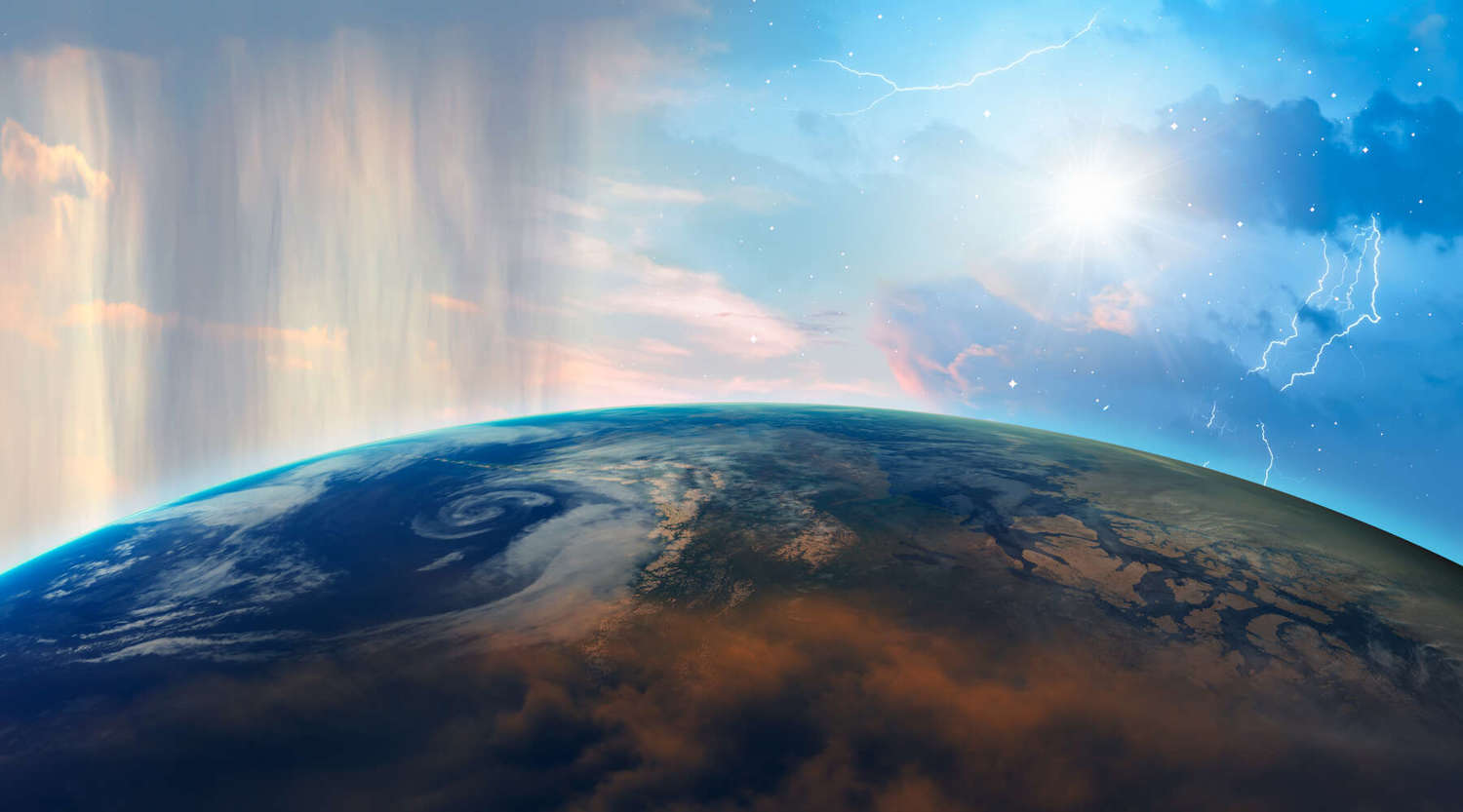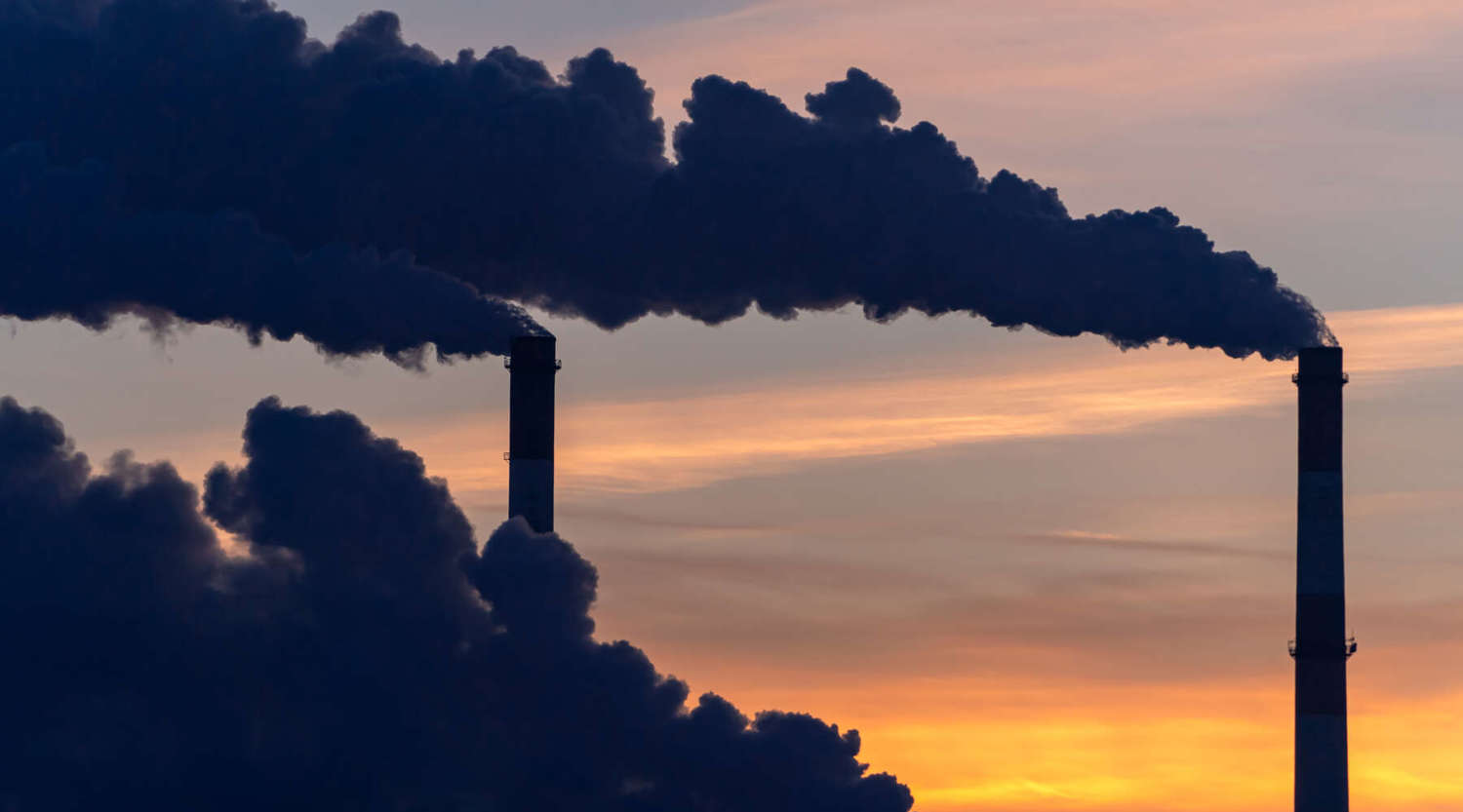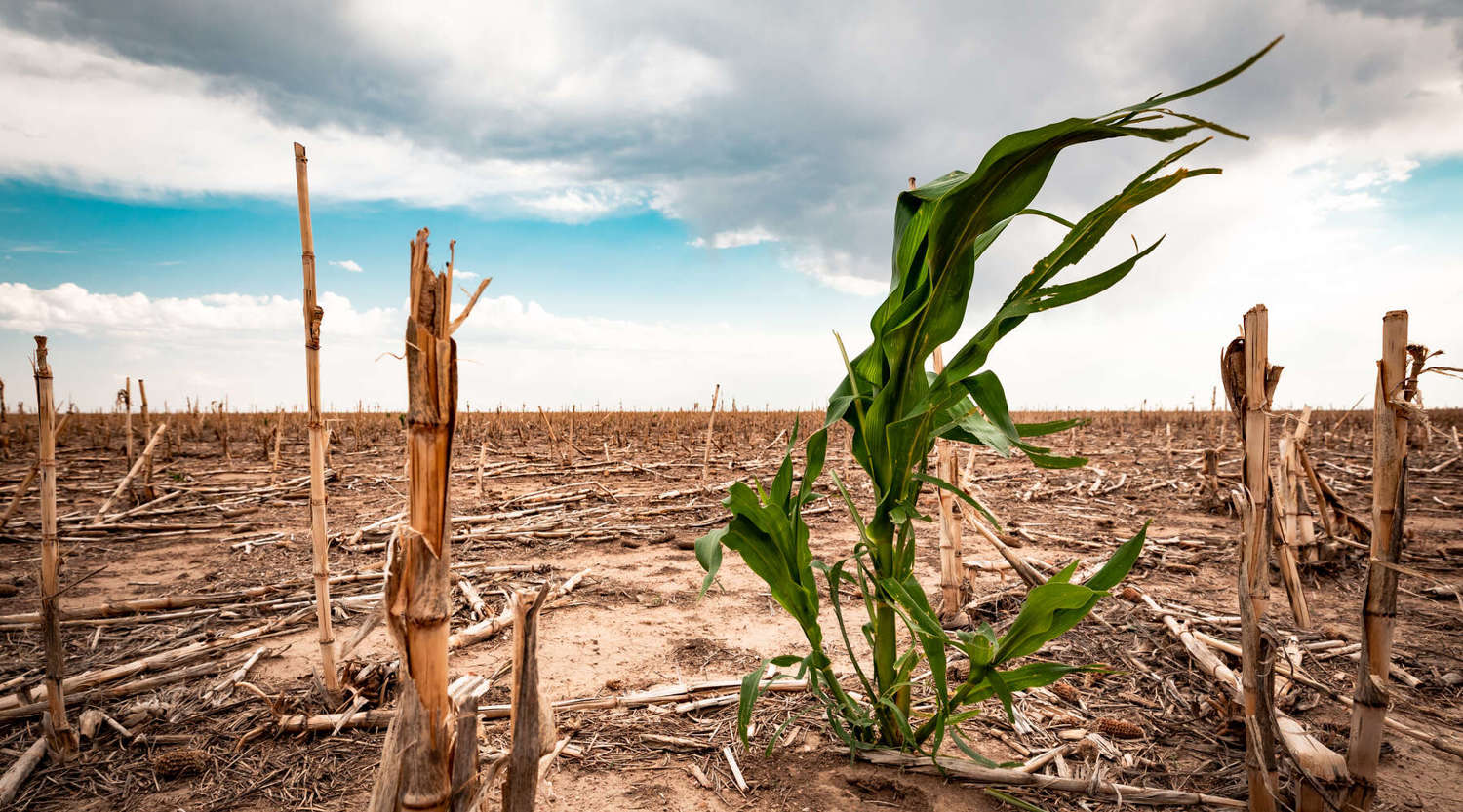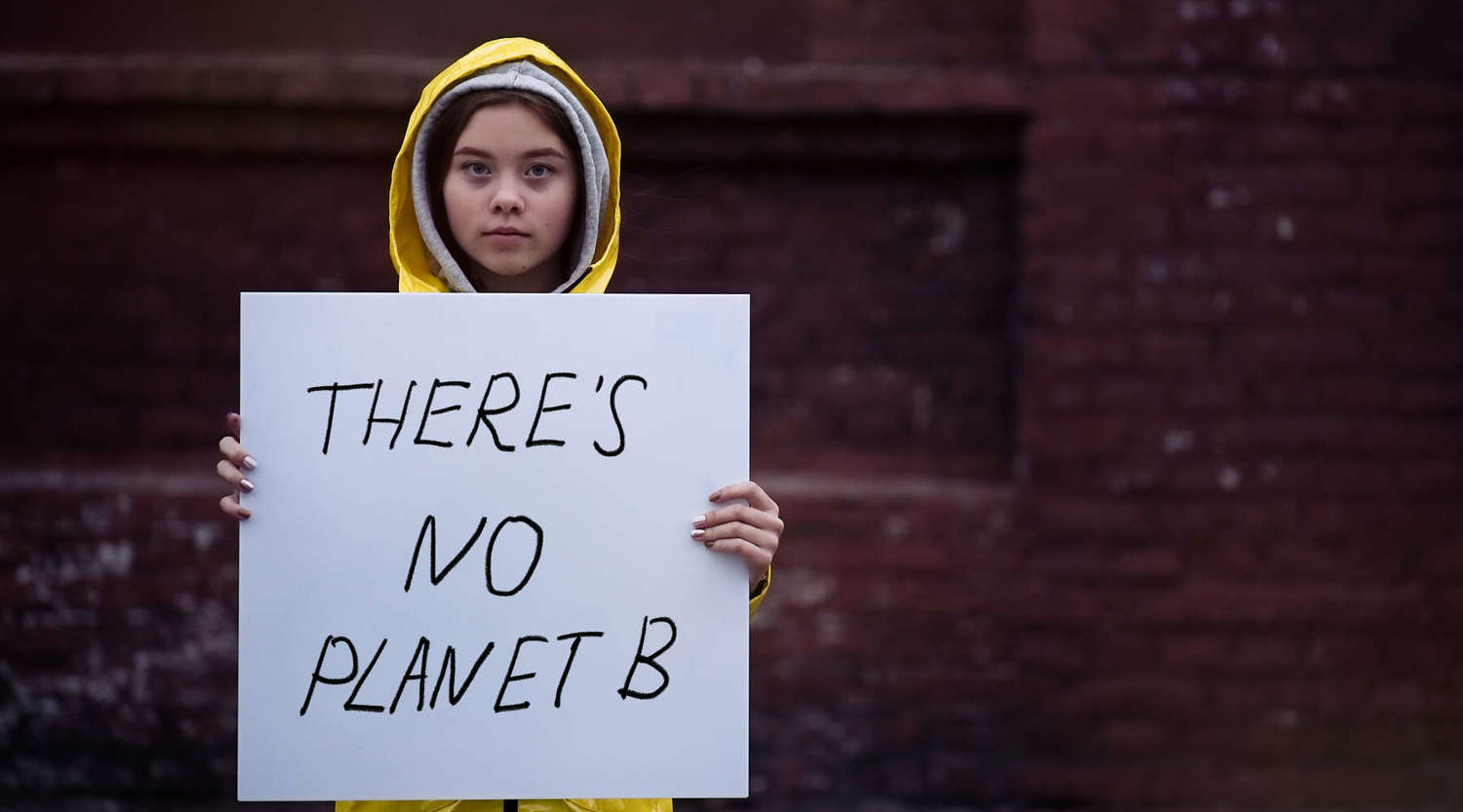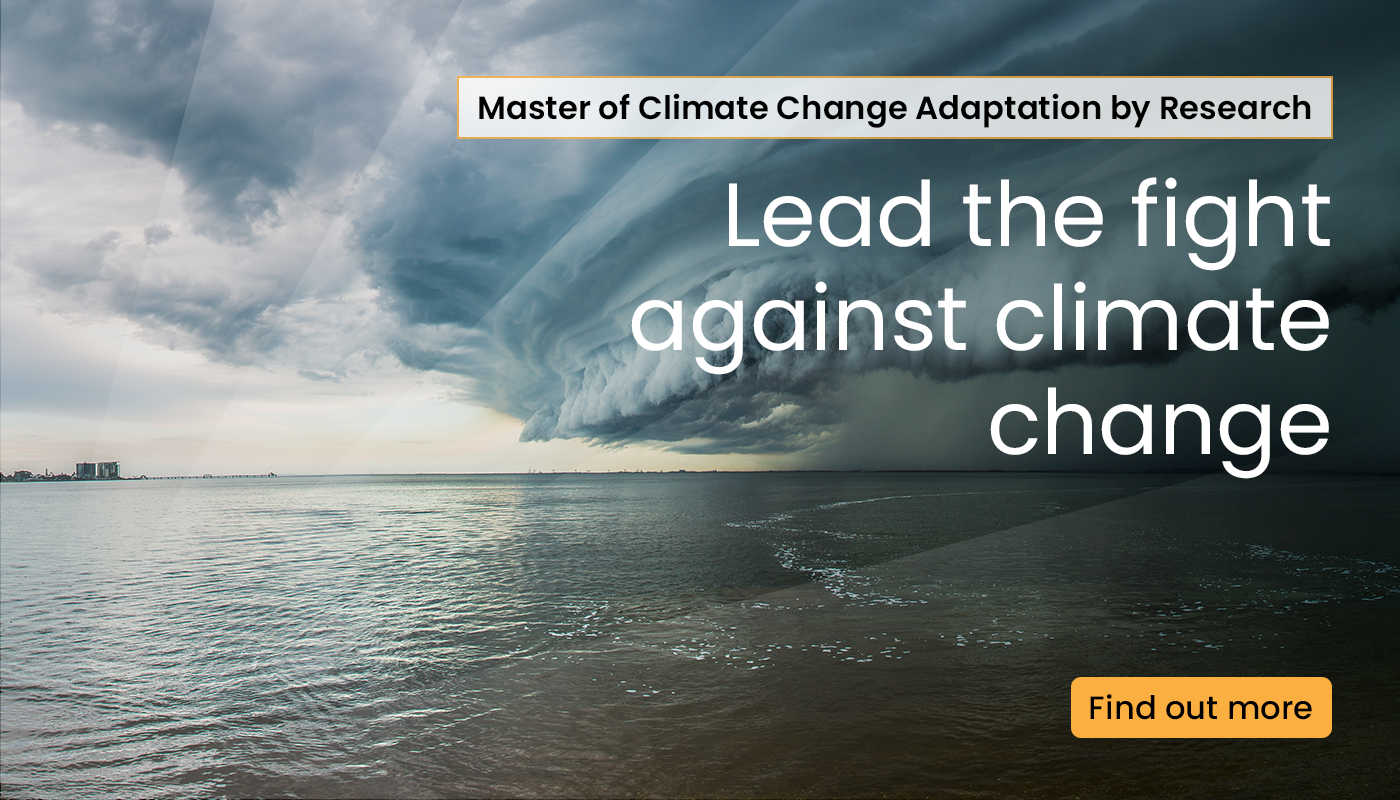When our daily lives are bombarded by rapid change, it’s easy to lose sight of the more gradually changing climate that will eventually affect every person on this planet. It’s a lot to think about, but we can’t afford to ignore either, writes UniSC Professor of Global Change Ecology Professor David Schoeman.
Life has sped up. We all feel it. Every day, the world demands our attention more intensely and in new ways. More to do, more to worry about. It happens at work. It happens at home. And it is epitomised by the constant nag of notifications on our various devices, dragging our attention from what worries us now into what should be worrying us next.
In the midst of this information storm are important issues. Existential issues, even. But when they are mixed in with the flood of distracting trivialities and short-term crises, we seem to lose sight of them.
Climate change is among these overlooked issues. Yes, it was at the centre of several recent national election cycles, swinging the fates of the large political parties, then elevating previously smaller parties and independents. This suggests Australians care about climate change.
But what have we actually done as a nation to slow climate change? What has the world done, collectively? We’ve written a list of promises, filed them in a drawer, and gotten on with our lives.
We have continued to escalate our emissions of greenhouse gases, and the world has continued to warm.
Ocean temperatures hit new record highs for 488 consecutive days between 13 March 2023 and 13 July 2024. Between mid-July and 25 September this year, temperatures dropped below those 2023 highs, but they have been breaking records again ever since.
Air temperatures have largely followed suit, breaking records almost every day from the start of June 2023 to the end of the year. Temperatures for the same period this year have largely matched or exceeded those records.
As a result, people around the world are experiencing more extreme weather on a more regular basis than ever before. These events are made more likely and more extreme by the heat we are adding to our planet’s climate system by our insistence on powering our economies with fossil fuels. It’s important to remember that fossil fuels were created by plants hundreds of millions of years ago. They used solar energy to convert carbon dioxide from the air into plant matter that was later fossilised. By digging up and burning this fuel, we are re-releasing that prehistoric energy into our atmosphere.
Nature is faring worse than people. Assailed on one side by our need for resources and ever-faster economic growth, and on the other by a changing climate, ecosystems are starting to fail.
In the best-case assessment, coral reefs are fast approaching their limits. Arctic and high-mountain systems are struggling. The distributions of thousands of species have shifted poleward—at 11km per decade, the rate of this shift is startling for terrestrial species, but it pales next to the 59km per decade for marine species. And heatwaves on both land and sea are driving mass deaths across populations of vulnerable plant and animal species.
All of this is already happening, even though we have now warmed the planet by “only” around 1.2°C relative to pre-industrial temperatures. Imagine what will be happening at 1.5°C of warming (the “stretch goal” of the Paris Agreement) or at 2°C of warming (the upper limit of the Paris Agreement).
We are already as likely as not to reach 1.5°C of warming sometime within the next ten years. And if we do deliver on all of the promises that global governments have made in terms of climate mitigation, we will still reach around 2.7°C of warming by the end of this century.
Every day we delay real cuts to greenhouse gas emissions, we increase the chance that the only way we will have a safe climate in 50 years’ time is if we actively intervene in the global climate system.
This type of intervention, also called “geoengineering”, is possible in theory, but we do not yet have the technological knowhow to design tools that could safely reverse the effects of greenhouse gas emissions at any meaningful scale. And even if we had the tools, we are a long way from being sure that they wouldn’t have unanticipated downsides. For example, intervening in the climate system in ways that might alter the reliability of seasonal rainfall, is extremely risky when large swathes of humanity relies directly on this seasonal rain to grow food crops. So, hoping that time will solve this technological problem seems unwise in the extreme.
If we care about the future, the only option we have is to start cutting emissions today.
We can all do our bit. We can demand a shift to renewable energy. We can reduce or eliminate fossil fuels by using that renewable energy to electrify our transport and industry. We can walk or use sustainable “micro-mobility” options (bicycles, e-bikes, e-scooters) for shorter trips. We can use public transport as our first option for longer trips. We can holiday more locally. We can eat less meat. We can buy less stuff. But, just as importantly, we can ensure that every time we elect a leader—at whatever level—that person takes the future seriously, especially in terms of climate change.
Yes, almost all of these actions demand a level of sacrifice. It will cost us. But that investment is paying for a liveable future for nature and humanity. Cultures around the world respect their ancestors. I like to think that for many, this is because their ancestors delivered a world that could be better for future generations.
Although some have benefitted more than others from our collective ancestors’ sacrifices, I believe that we should all by trying to model the best of them by committing to leave the world a better place. And if we can’t do that, can we at least agree to leave a liveable world for our descendants?
Media enquiries: Please contact the Media Team media@usc.edu.au


